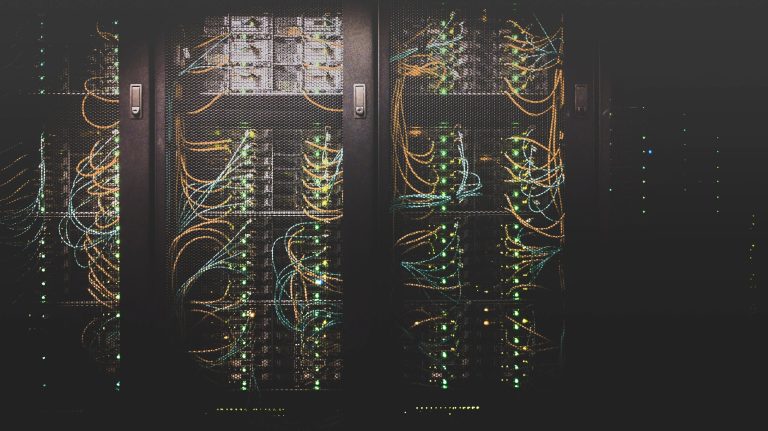A piece of interesting news! Intel is sacrificing former AI accretion from Habana Labs. Intel Corp. is a dedicated company to provide the design, manufacture, and sale of computer products and technologies. It offers computers, networks, data storage, and communications platforms.
Intel is eager to open new paths in AI space, but playing hard and fast often results in casualties. Today is Nervana, an AI chip startup that Intel acquired in 2016 for $ 400 million roundabouts. Existing agreements will be respected, but from now on, all AI research efforts will be led by Habana Labs.
Intel acquired the Israeli startup Havana for $ 2 billion in December. Habana manufactures two products, Habana Gaudi and Habana Goya. The first is a super-specialized neural network training chip, and the second is the inference processor that executes those neural networks in active implementations.
FYI this type of performance and flexibility is necessary as the enterprise IT architecture extends from the cloud to the data center to the edge. The two products collide precisely with the two Nervana processors, the NNP-I which is called neural network processor: inference and the NNP-T called neural network processor: training. Accordingly, to the news from an inner source that there was never room for both product lines, so Intel will continue to deliver the promised NNP-I models, but will stop developing NNP-T processors in the future for betterment.
Furthermore, according to the recent Forbes, one of the main explanations for Intel’s new and fierce roadmap has been customer disappointment and not happy with Nervana hardware. But it was already clear that Nervana could not keep up in a speedily evolving marketplace.
Also, the two Nervana NNP-I chips which reached almost 10,567 entries per second in ResNet-50, rendering to third-party benchmarks. Another test showed that with the same power support, a Habana Goya reaches 14,451 entries per second. And not only is Goya more powerful and advanced in technology, but it has also been shipping since late 2018, while the NNP-I remains unpublished.
Another reason of purchasing the competition was a logical move from Intel company, but still, what can be said that another startup will not make Havana obsolete? Groq is certainly doing his best.
We are hoping to see that Intel has some deep pockets because the war for AI accelerators is just beginning. Let’s see what new technology comes in the market after this proclamation.

